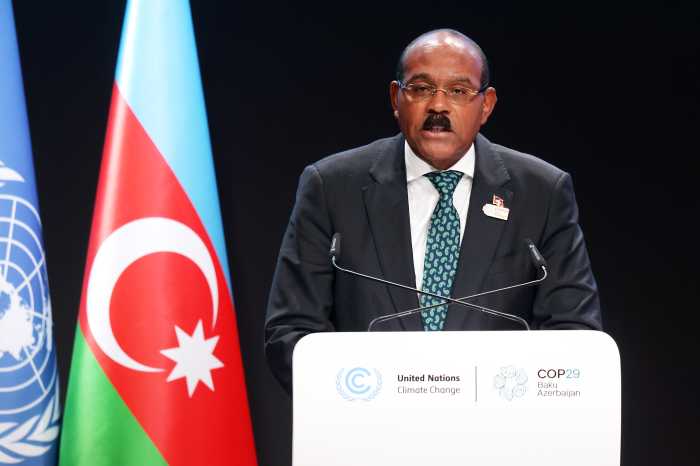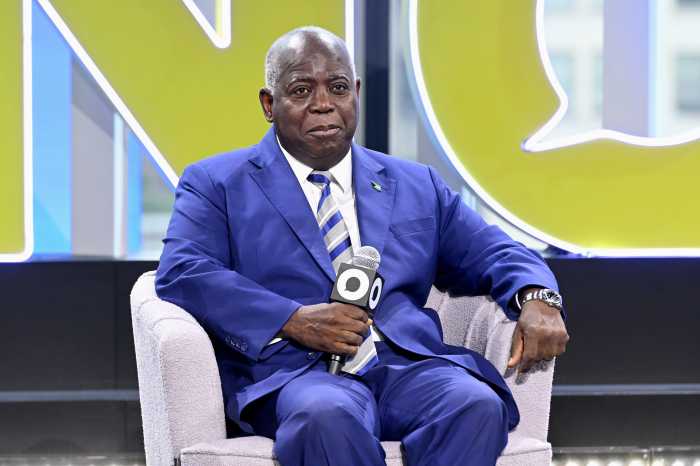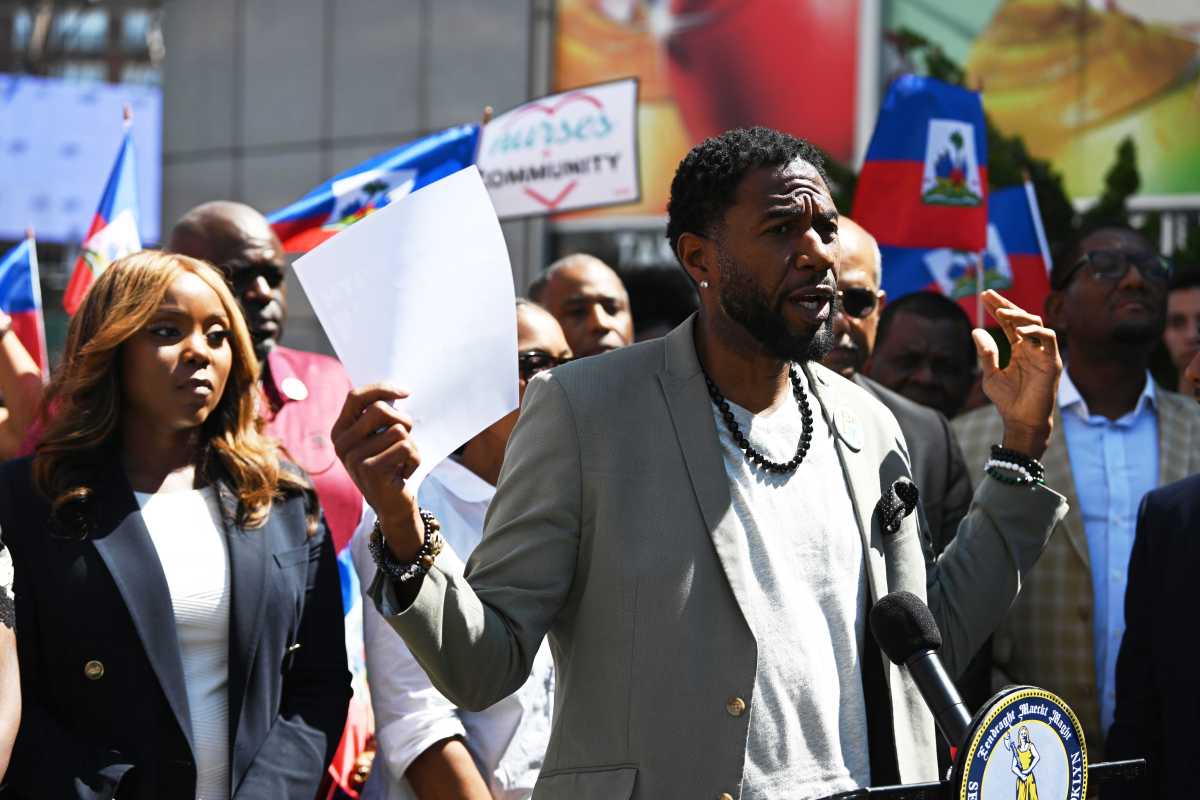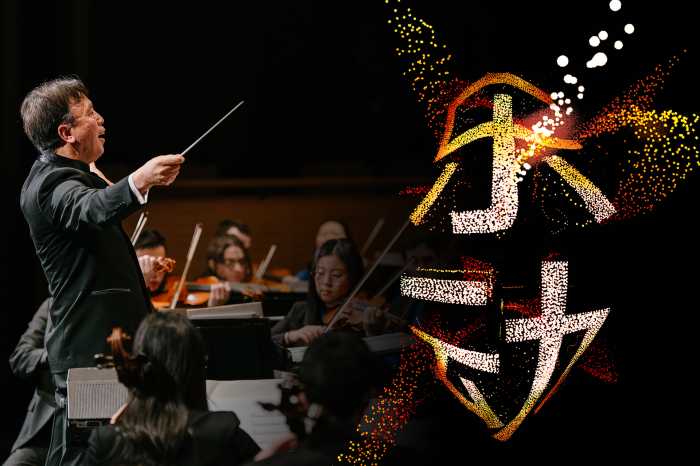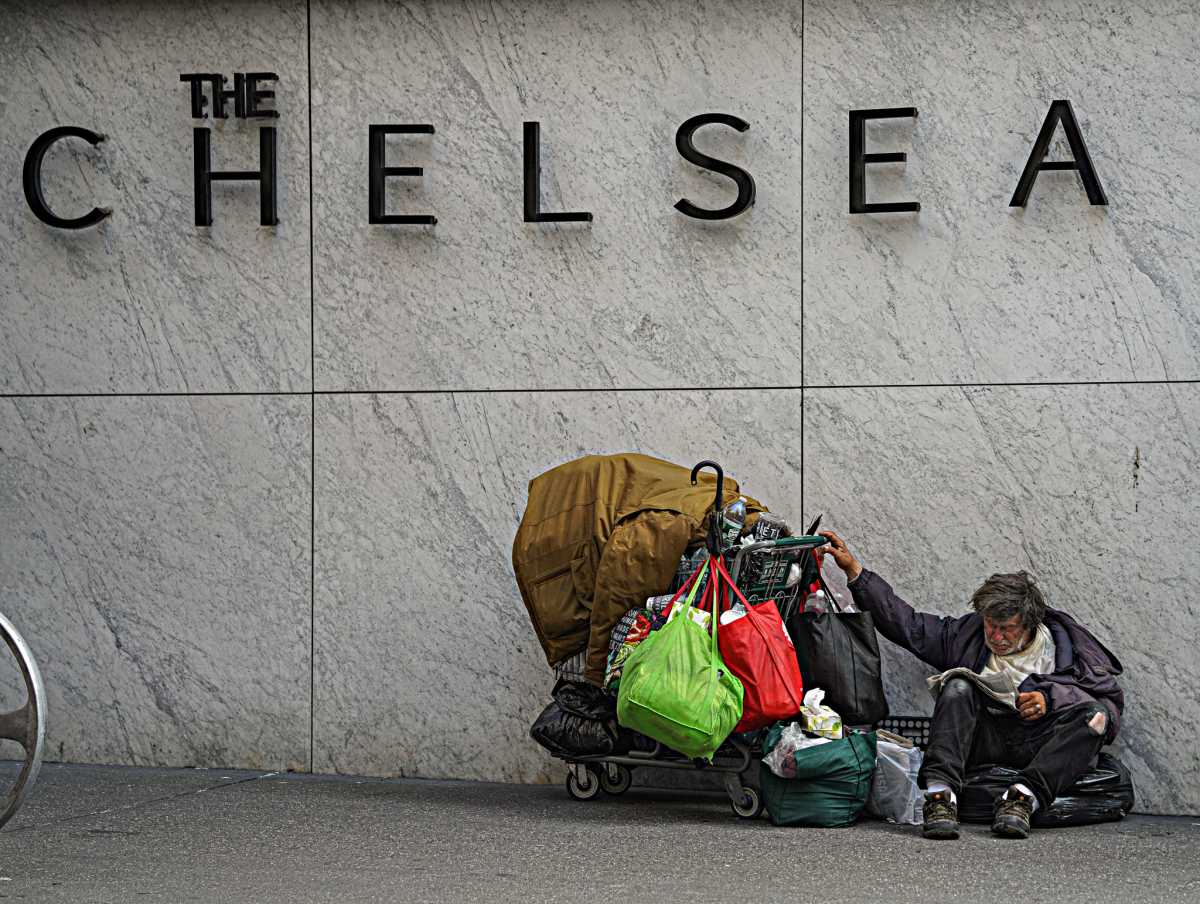He’s out of line.
In a damning exposé published by New York Times last week, President Trump allegedly referred to Haitian immigrants as carriers of AIDS in a June meeting on immigration, where he also made offensive comments about other immigrant groups. But the U.S. head of state’s comments come as no shock to many Haitian-Americans, who cite his well-known anti-immigrant stance, said a chairwoman at a Manhattan-based Haitian organization.
“I have to say I was disappointed but not surprised, given the statements he’s made about other immigrants,” said Rosemonde Pierre-Louis of the Haitian Roundtable, which shortly released a statement after the bombshell.
Trump’s remarks perpetuate a gross stereotype that Haitians once fought against in the 90s, when the Centers for Disease Control and Prevention (CDC) designated Haitian immigrants as a high-risk group for the disease, and the U.S. Food and Drug Administration (FDA) barred Haitians from donating blood, Pierre-Louis added.
“In the 80s and 90s, Haitians were unscientifically categorized as high-risk and it immediately brought us back to that time,” she said. “We felt it was important to put out a statement because we were thinking about our community, and because this is an unfair labeling of an immigrant group — we weren’t just going to leave that out there.”
She says Haitians have made positive achievements and contributions to the U.S. in the past and present, citing the Haitian soldiers who fought for American independence in the Battle of Savannah; Chicago’s Haitian founder, Jean Baptiste du Sable; and Haitian professionals who work in various sectors.
“We are doing great things and we are trying to help create a multidimensional picture of who we are, not untruths with no basis in fact,” she said.
White House press secretary Sarah Huckabee Sanders slammed the paper and denied the story’s validity.
But Pierre-Louis says that by not coming forth to respond to the alleged claim against Haitians and Nigerians — another group whom he referred to as living in huts — those comments can have detrimental consequences in stereotyping for the larger Haitian community, particularly younger generation.
“When you leave something like that hanging out here, I immediately thought about the kids who might have to deal with people saying to them: ‘President Trump says you guys have AIDS or live in huts,’ so we have to push against this idea,” she said.


